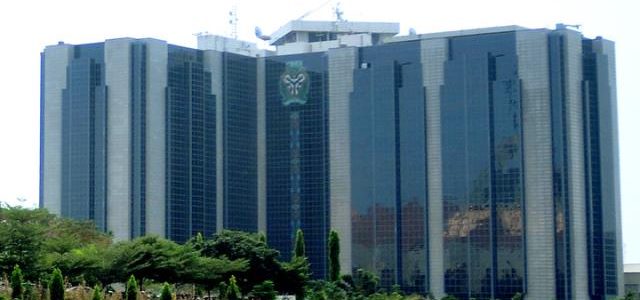
The cybersecurity level being proposed by the federal government may leave a tax burden of N1.5 trillion on businesses and households in the country, a leading accounting firm Kreston Pedabo has said.
Senior Partner at Kreston Pedabo, Killian Khanoba noted that while the Nigeria Inter-Bank Settlement System Plc (NIBSS) reports that the value of electronic transactions rose by 55 per cent to N600 trillion in 2023 despite the exempted transactions per the CBN circular, it means that the government will generate about N1.5 trillion per annum based on the 2023 volume.
According to him, this is about eight per cent of the total revenue budget for 2024, adding that what remained unanswered is the cost to the overall economy.

“Unfortunately, levies or special purpose taxes are not the best forms of taxation on which to build a sustainable economy. Their ad-hoc nature also makes them prone to poor fiscal management and loss of value to the nation.
Khanoba also disclosed that the implementation of the levy would affect the drive towards financial inclusion and cashless economy in Nigeria.
Rising charges associated with electronic transactions would, according to him, make small businesses conduct transactions in cash.
This trend he said may intensify the demand for cash, leading to a deceleration in business transactions and potentially impacting the overall business environment in the country.
He mentioned that with the ongoing discussions about reducing the number of taxes in Nigeria to a single digit, it’s difficult to argue that introducing the Cybercrime levy now and in the way suggested by the CBN is counter-productive to the efforts of the Committee.

He pointed out that the new levy will lead to higher transaction and financing costs for everyone, businesses, and individuals as the cost for MSMEs would be even more given that small business owners more easily transfer money from business accounts to private accounts and vice versa. They are likely to suffer more value erosion than any other group.
“Obviously, a lot of revenue will be collected via this levy, if the CBN successfully implements it as is. NIBSS reports that the value of electronic transactions rose by 55 per cent to N600 trillion in 2023. Even if this is discounted by 50 per cent to account for the exempted transactions per the CBN circular, it means that the government will generate about N1.5 trillion per annum based on the 2023 volume! This is about eight per cent of the total revenue budget for 2024! The question that however stays unanswered is; “at what cost to the overall economy?!” Khanoba said.
He emphasised that the current setup of the levy is unwise and should be postponed until it aligns properly with the overall tax framework of the nation, a task assigned to the Presidential Committee on Fiscal Policy and Tax Reforms. It’s worth noting that the government already imposes the Nigeria Information Technology Development Fund (NITDF) Levy on the same companies outlined in the Second Schedule of the Cybercrime Act, amounting to one percent of their pre-tax earnings.
“So, why not increase the rate of this levy and allocate the proceeds to the diversified needs of the sector rather than institute a new levy? The danger with multiplicity of taxes and levies lies within the uncertainty that it creates in the economic environment, and the difficulty investors have in their investment decision-making with regards to the country,” he added.
However, he mentioned that the plan to increase the VAT rate, also comes with the objective of reforming the Nigerian VAT system which currently is not purely a value added tax but a quasi-goods and service (GST) system. He noted that the pure VAT system targets the final consumer and not the businesses, achieved via the full recovery of input VAT from output VAT generated. Unfortunately, this has not been the practice under the Nigerian VAT system, which places heavy restrictions against the recovery of input VAT by businesses, effectively making businesses bear the burden of VAT.
“A total reform of the VAT system, synchronised with the overall reform of the tax system will certainly portend well for the overall economy, even with an increase in VAT rate,” he said.
Credit: Leadership
